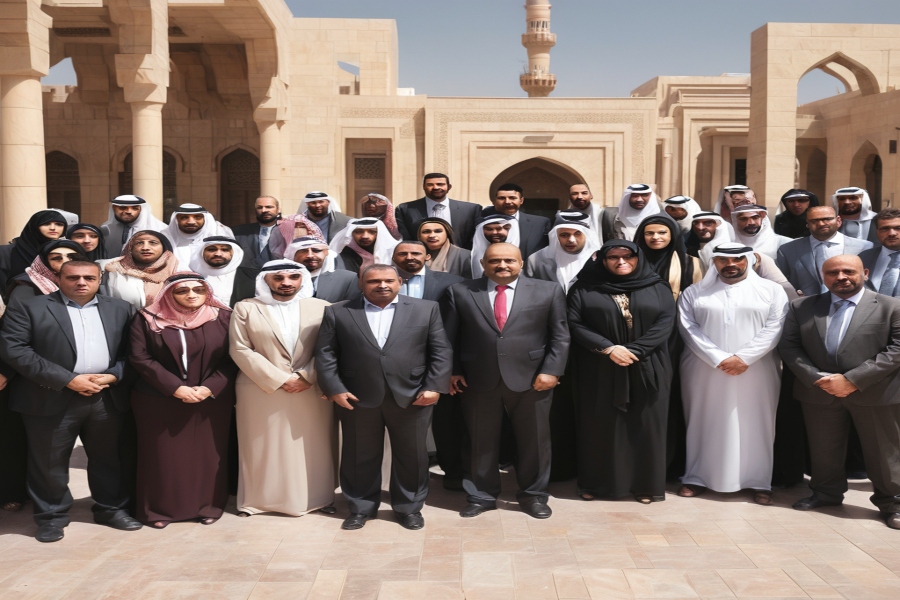Introduction:
In an ever-changing and dynamic global landscape, professionals in the Arab world are often faced with various challenges that demand adept crisis management skills. Whether navigating economic uncertainties, geopolitical tensions, or public health crises, the ability to respond effectively is paramount. In this article, we will explore essential crisis management skills tailored for professionals in the Arab world.
- Cultural Intelligence: Understanding the cultural nuances and sensitivities within the Arab world is fundamental for effective crisis management. Professionals must be cognizant of cultural contexts to tailor their responses, communications, and strategies in a way that resonates with local values and expectations.
- Effective Communication: Clear and transparent communication is a cornerstone of crisis management. Professionals should be proficient in conveying information accurately and promptly to stakeholders, employees, and the public. This includes utilizing various communication channels and adapting the message to different audiences.
- Adaptability and Flexibility: Given the dynamic nature of crises, professionals in the Arab world need to be highly adaptable and flexible. The ability to pivot strategies swiftly in response to changing circumstances is crucial for mitigating the impact of the crisis and ensuring a resilient organizational response.
- Collaboration and Relationship Building: Building strong relationships with key stakeholders, both internal and external, is essential for effective crisis management. Collaborative efforts enable a coordinated response, and maintaining positive relationships can foster support and solidarity during challenging times.
- Risk Assessment and Scenario Planning: Professionals should possess strong analytical skills to assess risks and conduct scenario planning. Anticipating potential crises and developing proactive strategies to address them can significantly enhance an organization's resilience in the face of adversity.
- Decision-Making Under Pressure: Crisis situations often require quick and decisive decision-making. Professionals must be equipped to make sound judgments under pressure, considering the immediate and long-term implications of their actions. This skill is vital for steering organizations through turbulent times.
- Technology Utilization: Leveraging technology for crisis management is increasingly important in the digital age. Professionals should be adept at using communication tools, social media, and data analytics to gather information, disseminate updates, and monitor the evolving landscape of the crisis.
Conclusion:
Crisis management skills are indispensable for professionals in the Arab world, where the business environment is marked by complexity and volatility. Cultivating cultural intelligence, honing effective communication strategies, and fostering adaptability are crucial components of a robust crisis management toolkit. By combining these skills with collaborative relationship-building, risk assessment, and the ability to make decisions under pressure, professionals can navigate challenges successfully and contribute to the resilience and sustainability of organizations in the Arab world. In an era where crises are inevitable, these skills empower professionals to not only weather the storm but emerge stronger on the other side.
